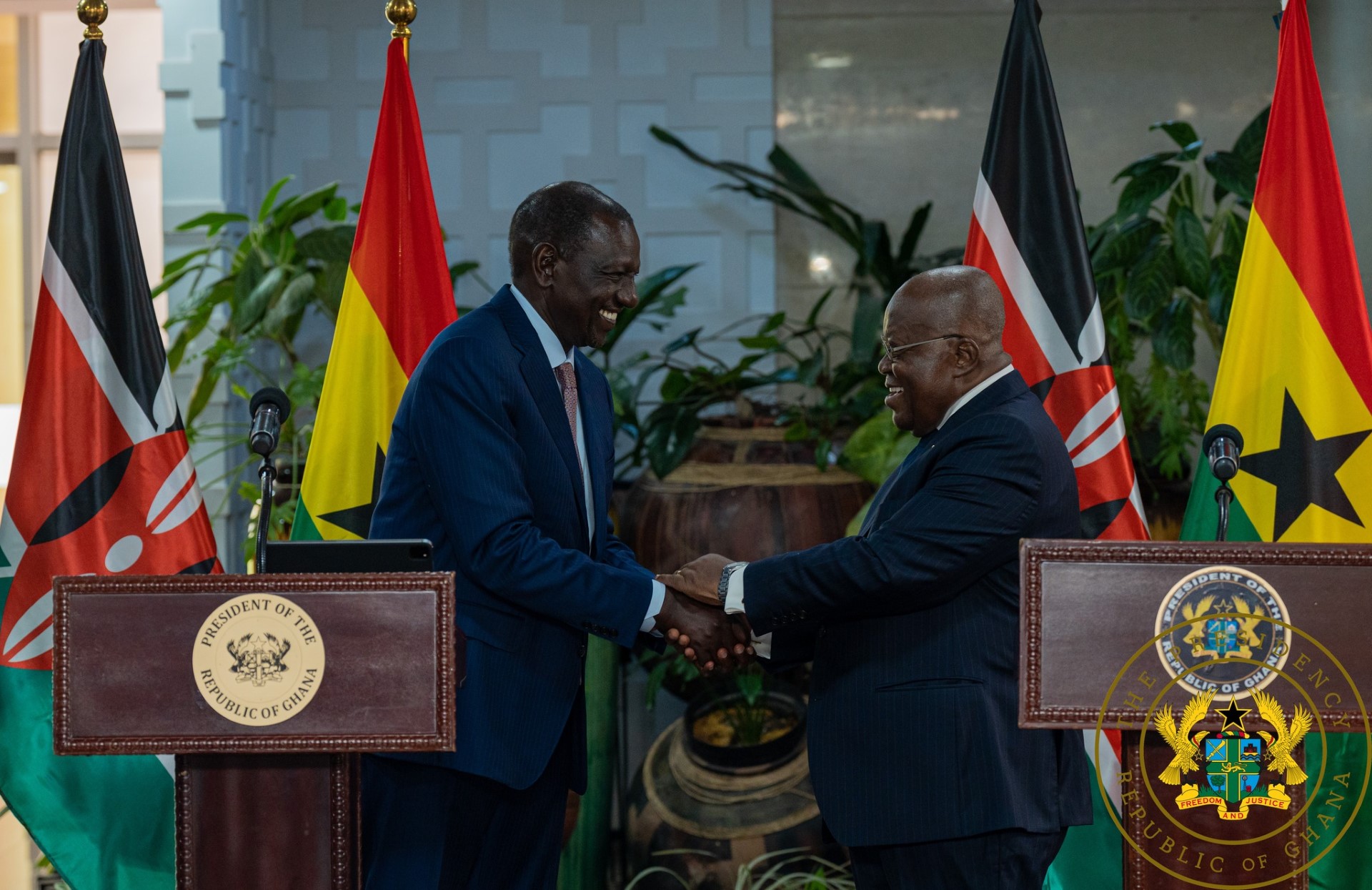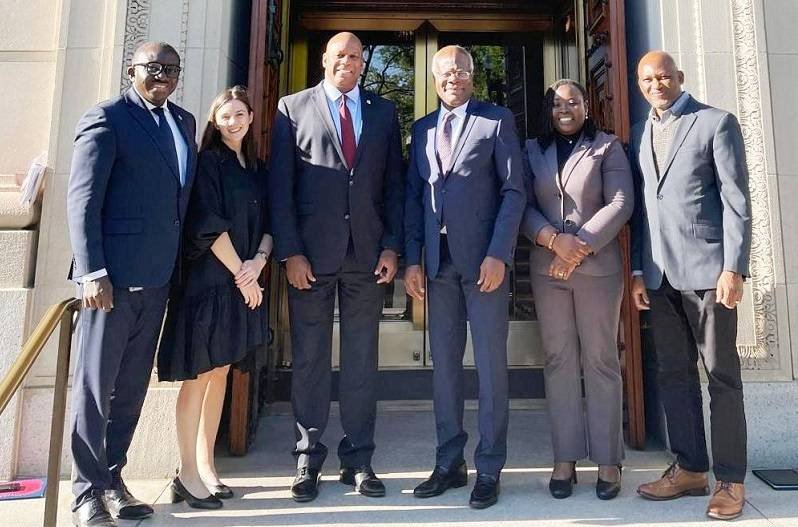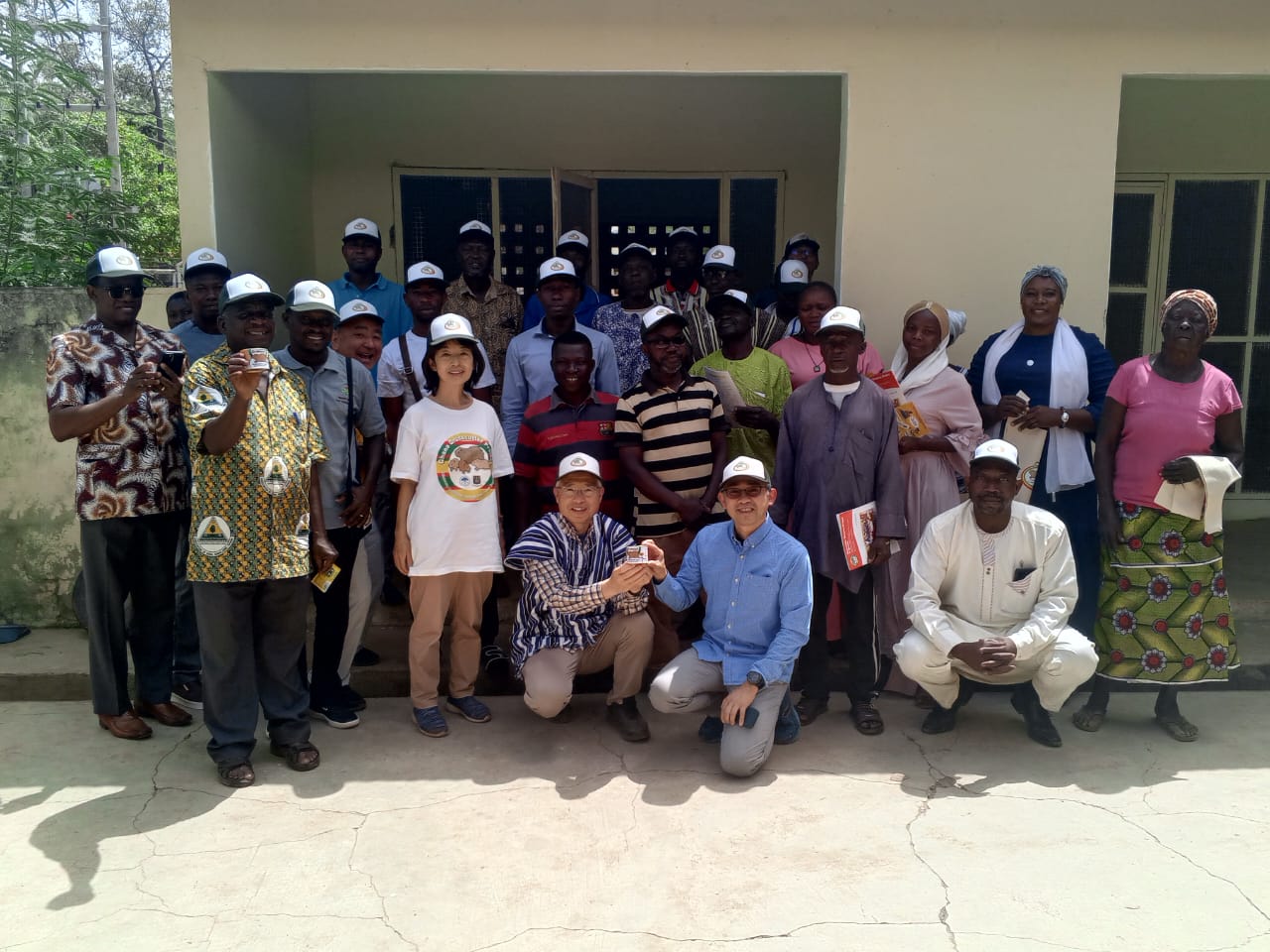
According to him, such programmes must be mainstreamed into national development strategies.
Speaking at the inauguration and formal handing over of the AfCFTA secretariat building to the African Union Commission in Accra, he said the establishment of a free trade area for Africa is the first major building block for the African Economic Community, after which it is expected to transition into a Customs Union which is the overall goal.
“In addition, the effective implementation of the AfCFTA will require sustained political will and commitment from the highest level of executive authority in each country, in respect of providing adequate budgetary resources to support the growth and development of priority sectors, as well as creating the appropriate incentive and regulatory framework to attract investments from the private sector, both domestic and foreign.
At the national, regional and continental levels, the need to develop modern trade related infrastructure, including multi modal transport infrastructure to improve connectivity, cannot be overemphasised,” he said.
On the benefits of AfCFTA, he said that it will increase the level of intra African trade through better harmonisation and coordination of trade within the African continent.
It is estimated that intra African trade will increase by as much as US$35bn per annum or 52 per annum by 2022. Secondly, the initiative will address the challenge of small fragmented markets in Africa by creating a single continental market which will lead to economies of scale.
Also, it will add value to Africa’s abundant natural resources and promote economic diversification and industrialisation.
President Akufo-Addo speaking at the ceremony stated that the onset of AfCFTA remains one of the significant decisions taken by the African Union.
“I have no doubt that the coming into being of the African Continental Free Trade Area is one of the most important decisions taken by the AU. When you consider the fact that trade between African countries remains low, currently standing at some 16 percent of our combined GDP, compared to other parts of the world, like the European Union’s 75 percent, it is obvious that these very low levels of intra-regional trade constitute one of the defining characteristics of our continuing poverty.
They hinder our prospects of bringing prosperity to our peoples. A large part of the growth and prosperity that we seek on the continent will come from us trading more among ourselves,” he added.
The Secretary-General for AfCFTA, Wamkele Mene argued that AfCFTA offers Africa an opportunity to confront the significant trade and economic development challenges of its time including market fragmentation, the smallness of national economies, over-reliance on the export of primary commodities, narrow export base, caused by shallow manufacturing capacity, lack of export specialisation and tariff barriers to intra-Africa trade amongst others. Read Full Story






















Facebook
Twitter
Pinterest
Instagram
Google+
YouTube
LinkedIn
RSS